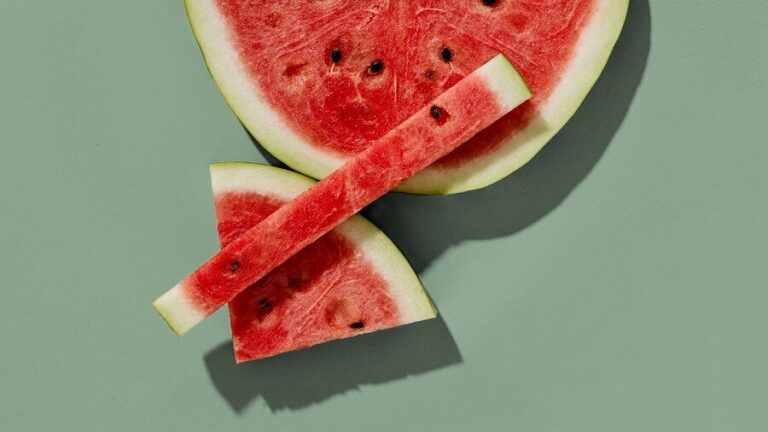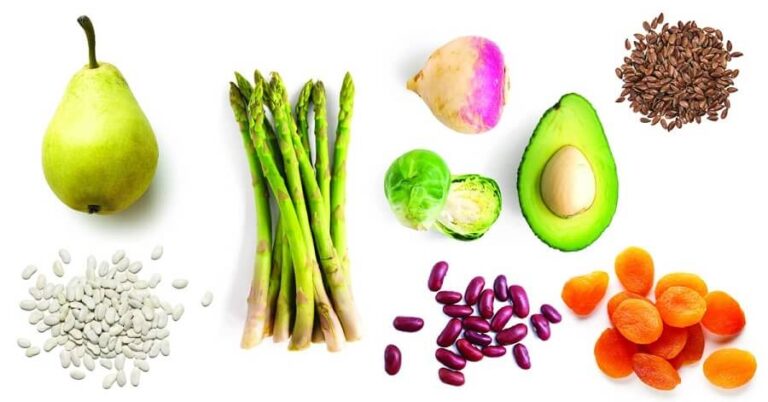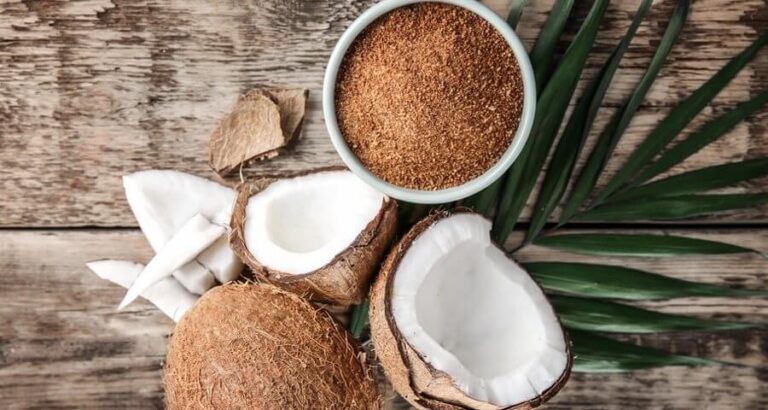What are goji berries?
Goji berries ( Lycium Barbarum ) are deep red fruits the size of a raisin and a flavor mix between blueberries and cherries. When fresh, they resemble cherry tomatoes in both shape and size. These berries are generally sold dehydrated, although there are also juices and oils. The following article details the benefits of goji berries, their nutritional properties, and calories in 100 g.
The main goji berry-producing country is China. Traditional medicine in this country regards them as a means to harmonize and strengthen the energy of Jing. Ancient Chinese doctors believed that the benefits of this fruit were to improve vision, relieve dizziness, and enhance male virility (1).
Goji berries – nutritional properties
The calorie content of fresh goji berries is 350 kcal per 100 g of product. Compared to other dehydrated fruits (such as grapes or plums), they contain fewer carbohydrates but more vitamins and antioxidants. In addition, their low glycemic index (30 units) makes them an allowed food in a diet for type 2 diabetics.
Dried goji berries are an excellent source of natural fiber and protein. They are leaders among fruits in terms of amino acids – goji are unique in their profile of essential amino acids critical to metabolism.
Goji Berries – Nutritional Value in 100g
| Water | g | 7.5 |
| Energy | kcal | 349 |
| Protein | g | 14 |
| Total fat | g | 0.4 |
| Carbohydrates | g | 77 |
| Total fibers | g | 13 |
| Total sugars | g | 46 |
| Minerals | ||
| Football | mg | 190 |
| Iron | mg | 6.8 |
| Sodium | mg | 298 |
| Vitamins | ||
| C vitamin | mg | 48 |
| Vitamin A | IU | 26822 |
Goji berry nutritional value chart. Source
Goji is the fruit with the highest amount of protein.
100 g of goji berries provide more than 10% of the protein needed per day. They also offer 8 of the nine essential amino acids. It is more than the outstanding figure for a fruit. Its nutritional properties include a high content of vitamin C and A.
Natural antioxidants, phytonutrients, vitamins (vitamins A, vitamin C, vitamins B1, and B2), and minerals have been detected in this fruit. In addition, 100 g of dried goji contains 500% of the daily intake of vitamin A and 80-90% of the required daily vitamin C information.
Goji Berries Benefits
Modern scientific studies confirm the stimulating effect of goji berries on the adrenal gland. Thus, low cholesterol has been shown when consumed regularly (3). Research affirms the impact of goji in reducing fatigue, improving the depth of sleep, and facilitating various inflammatory processes in the body.
These fruits are used to make cosmetics and anti-aging creams. It is believed to help treat acne and heal micro-damage caused by sunlight. The benefits of goji berries in restoring skin after minor burns or injuries have been confirmed. (4).
Goji berries are considered a prebiotic food. In other words, they stimulate the healthy microflora of a person. For this reason, goji berries are allowed food after cases of gastritis. Combined with probiotics, they will lead to a safe regeneration of the good microorganisms in the stomach.
Goji Berries for Weight Loss?
There is no solid scientific evidence that goji berries are a magic bullet for weight loss. However, they are mentioned as potential molecules capable of accelerating metabolism (4). Goji cannot be considered a fat burner but rather a way to substitute for sweets high in simple carbohydrates.
What can be said is that it is one of the complete natural fiber foods. Including fiber in the diet is essential to regulate the digestion process and reduce the feeling of hunger.
How to eat goji berries?
It is recommended to eat goji berries alone or combined with nuts in the form of a snack. They are an effective way to calm the feeling of hunger between meals healthily. They are also a food allowed for celiacs or those who carry out a gluten-free diet.
Eating about 15-20 pieces is beneficial for people with diabetes or who want to limit excess sugar. We recall that the cases of type diabetes reached values of 8% of the world’s population. Limiting bakery products and substituting goji berries with yogurt and whole wheat bread is an excellent measure to prevent this disease.
Can goji be toxic?
Goji berries by themselves are not toxic. However, high pesticide values have been found in some batches of this product—one of the reasons why it is advisable to invest in organic food.
In addition, people who are allergic to pollen can react if they are not consumed in moderation. Also, some research suggests a possible interaction with blood thinners such as warfarin. (6) As well as some drugs indicated for diabetes and controlling blood pressure.
ABSTRACT
- Goji berries are a fruit of Asian origin with numerous health benefits.
- Its nutritional values include a high content of vitamin C and A. As well as a good amino acid profile in its composition.
- It is a natural food recommended in a diet for athletes. As well as consuming them in the form of a snack for people with diabetes.
- Dried goji berries provide 350 Kcal per 100 g. Its consumption should be moderate to lose weight.
- The contraindications of goji are combined with some medications such as warfarin, just as people allergic to pollen should avoid them.







